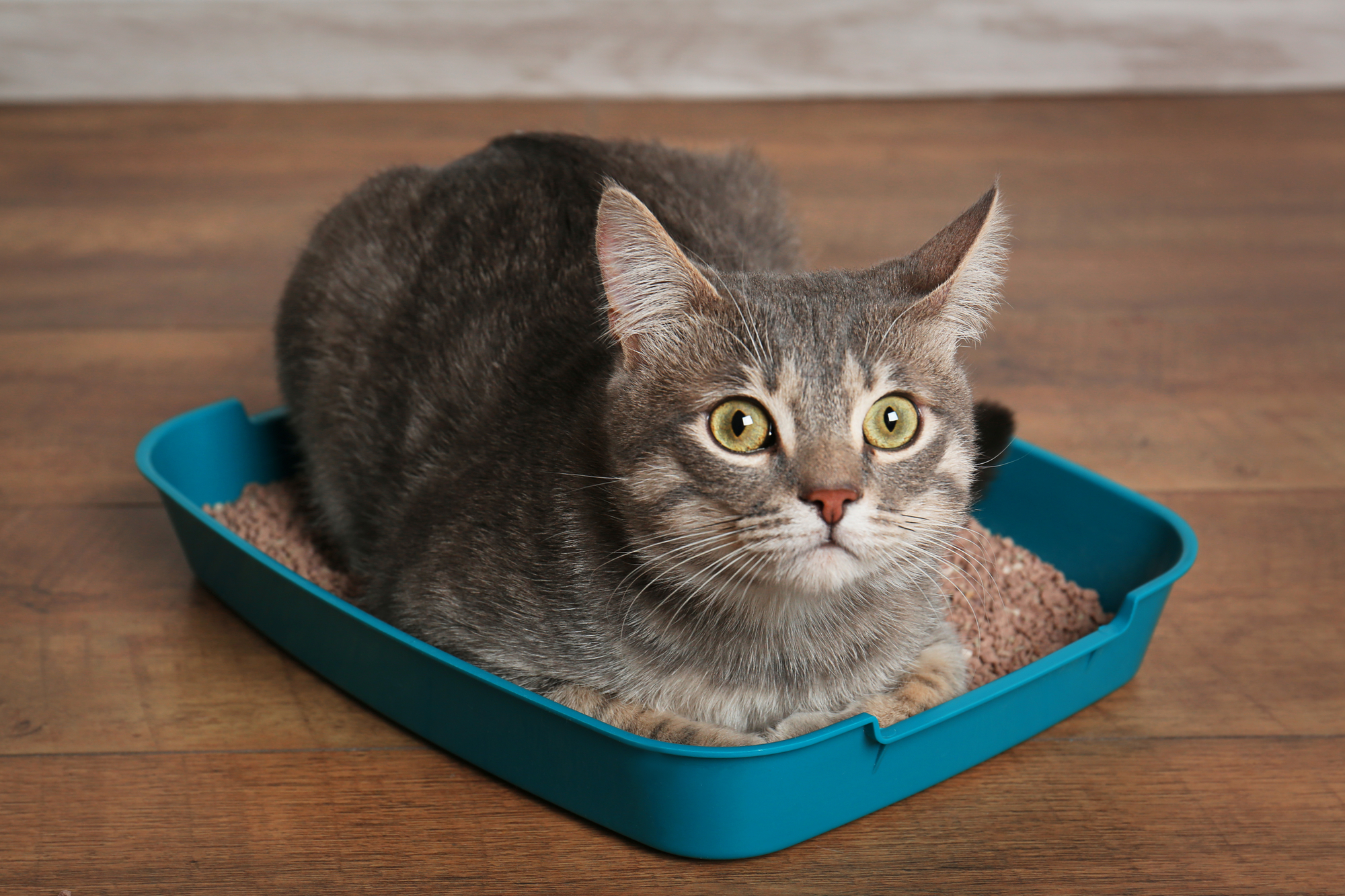FLUTD
Published July 28, 2022


Content Reviewed by an Essentials PetCare Veterinarian
Understanding FLUTD
Feline Lower Urinary Tract Disease, FLUTD, is a common condition among cats and includes clinical signs such as straining to urinate, painful urination, blood in the urine, and inappropriate urination, e.g., urinating outside the litter box or other places around the house.
It is important to note that while these signs can be seen with urinary tract infections, they are almost never associated with infections in cats less than ten years of age. In fact, research shows that only up to 5% of cats less than ten years of age with these clinical signs will have a true bacterial infection of the urinary tract and require antibiotic therapy.
So, what does cause these signs? There are several medical issues which can result in these signs, but the vast majority of these cases are caused by pure inflammation of the urinary tract without bacterial infection. This can be triggered by stressful events, changes in the environment, competition with other cats in or outside of the house, or even minimal changes in the cat’s daily schedule that we often can’t even recognize. However, a urinalysis will still need to be performed to ensure that there aren’t any underlying medical reasons for the lower urinary tract signs. In some cases, imaging in the form of x-rays or ultrasound may be necessary if stones are suspected within the urinary tract.
The first step is to have urinalysis test for your cat. In the event that your cat’s urinalysis test results are negative, meaning there is no bacterial infection which is to be expected in most cats, then long-term management of this condition may rely on several changes around the house. Some cats may require changing to a special urinary diet to control their symptoms. Others will respond well to changes in the house to stimulate their activity, pheromone products to improve their interaction with other cats, or additional litter boxes placed in the home—the rule of thumb is one litter box per cat plus one.
Please consult the following sites for more detailed information on FLUTD, a common and often frustrating issue with cats:
Lower Urinary Tract Disease in Cats (FLUTD)
A research group at Ohio State University College of Veterinary Medicine conducts ongoing studies into this problem and makes excellent recommendations that can help relieve these symptoms, especially in indoor cats. Their website is an excellent starting point for long-term management of feline lower urinary tract disease: https://indoorpet.osu.edu/cats
Essential Tip: Is your cat having urinary issues? Make plans to visit Essentials PetCare as soon as possible. Our Urinary Package, only $75, includes a doctor’s exam, relevant diagnostics, treatment recommendations, and a portable prescription for medication, if necessary. Bring a urine sample. Before visiting, check your local clinic’s lab schedule for availability.
*Prices subject to change. See current prices: https://essentialspetcare.com/services



